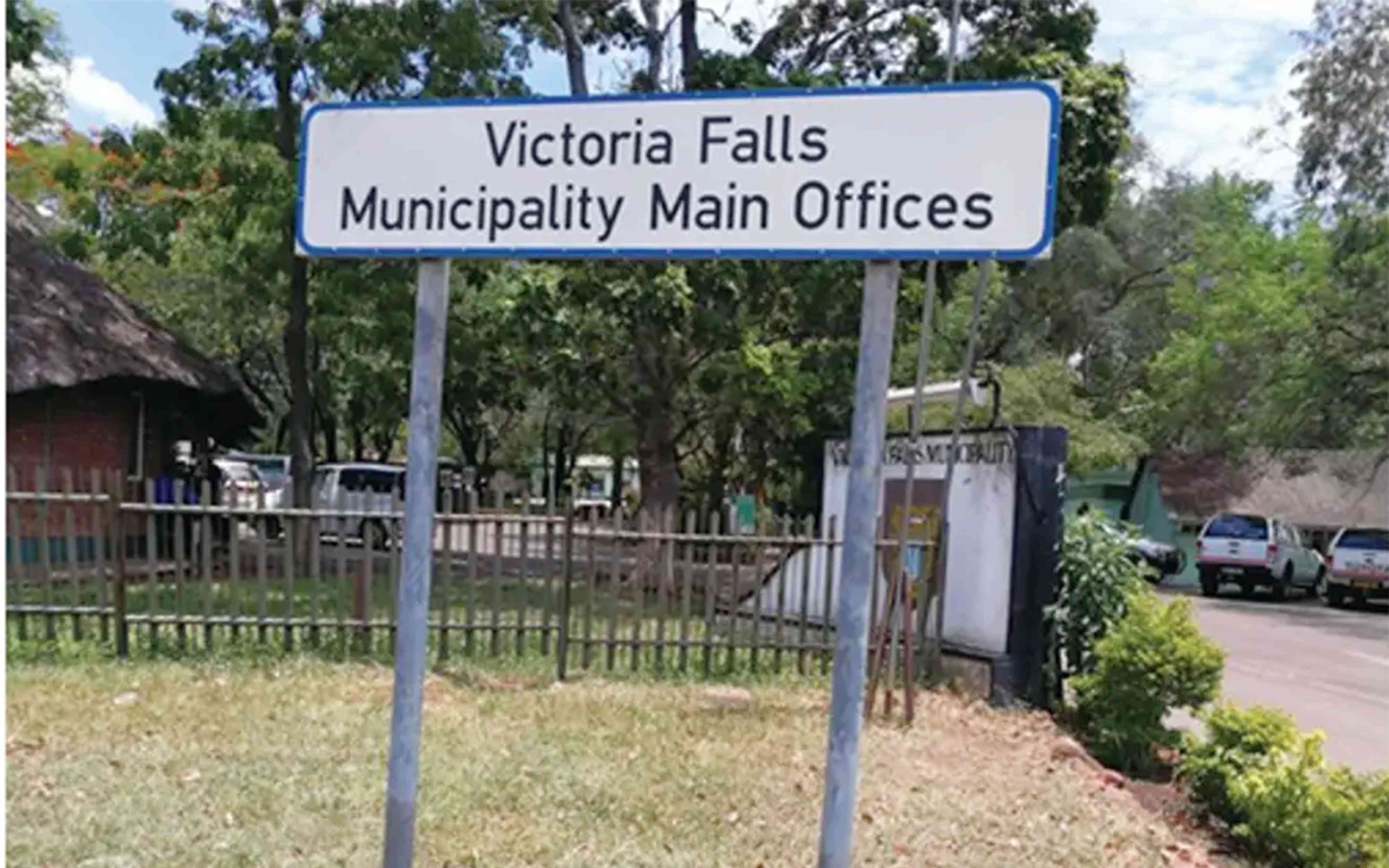
THE Zimbabwe Association of Pension Funds (ZAPF) has called for urgent reforms in the pension sector, emphasising digital transformation, improved risk management, and the revival of a savings culture to ensure sustainable retirement benefits for members.
Speaking at the association’s annual congress in Victoria Falls on Thursday, Williefaston Chibaya, ZAPF chairman, highlighted the need for pension funds to adapt to an evolving workforce, enhance transparency, and build resilient systems that future generations can rely on.
“The future calls on us to embrace digital transformation, to respond to the needs of an evolving workforce, to strengthen risk management frameworks, and to ensure that our pension systems are inclusive, transparent, and resilient. We need to bring back that savings culture,” he said.
“As we move forward, let us reimagine the role of pensions, not merely as financial instruments but as vehicles for national development and social protection.
“Let us invest with impact, manage with integrity, and serve with empathy, building a system that the next generation can trust and rely on.”
Held under the theme “50 Years Together: Shaping Tomorrow, Today. Building on the Past, Embracing the Future”, the congress will conclude on Friday.
Chibaya said the theme was a fitting reflection of their journey and aspirations.
The association was formed half a century ago with a vision to safeguard the future of Zimbabwean workers through robust and sustainable pension systems.
- Tarakinyu, Mhandu triumph at Victoria Falls marathon
- Andrea The Vocalist, dreams big
- All set for the 2022 Econet Victoria Falls Marathon
- Econet Victoria Falls Marathon return a boon for tourism
Keep Reading
“Since then, we have walked a path shaped by growth, reform, innovation, and, at times, profound adversity,” the chairman noted.
“Through economic transitions, policy shifts, and regulatory evolution, the pensions industry has remained steadfast—not only in protecting retirement savings but in anchoring long-term national development. Over the years, pension funds have played a vital role in the economy.”
He added: “They have invested in infrastructure, real estate, financial markets, and development projects. They have contributed to job creation, employment formation, and social stability.
“In many respects, the pensions industry has stood as a quiet but powerful engine of progress, focused not on the short term but on the future.”
Chibaya acknowledged the significant trials that have tested the pension industry, threatening its very foundation.
“Chief among these has been the loss of value experienced by pension funds, largely as a result of adverse macroeconomic policies and structural economic instability,” he noted.
“Hyperinflation, abrupt currency changes, and monetary policy inconsistencies have eroded the real value of pension savings.
“These events did not just disrupt balance sheets; they shattered the hopes of many pensioners who had entrusted their future to long-term savings. The social and human cost has been enormous.”
He added: “Retirees were left vulnerable, and active members began questioning the reliability of their future benefits. This erosion of value undermined confidence in our pension system and exposed structural vulnerabilities, from investment concentration risks to outdated benefit models and insufficient hedging mechanisms.
“For fund managers, navigating this terrain required agility, innovation, and deep resilience, all while maintaining a fiduciary duty to members.”
He said that as an association, they have not stood idly by but have advocated, and continue to advocate, for reforms that strengthen pension fund governance, protect savings from economic shocks, and foster a stable macroeconomic environment that supports long-term investments.
“We have encouraged diversification, promoted actuarial soundness, and called for policy consistency that aligns with the interests of our members and the nation at large,” he said.
“Today, as we mark this golden milestone, we take pride in the progress we have made, but we also recognise that the work ahead is no less important.”











